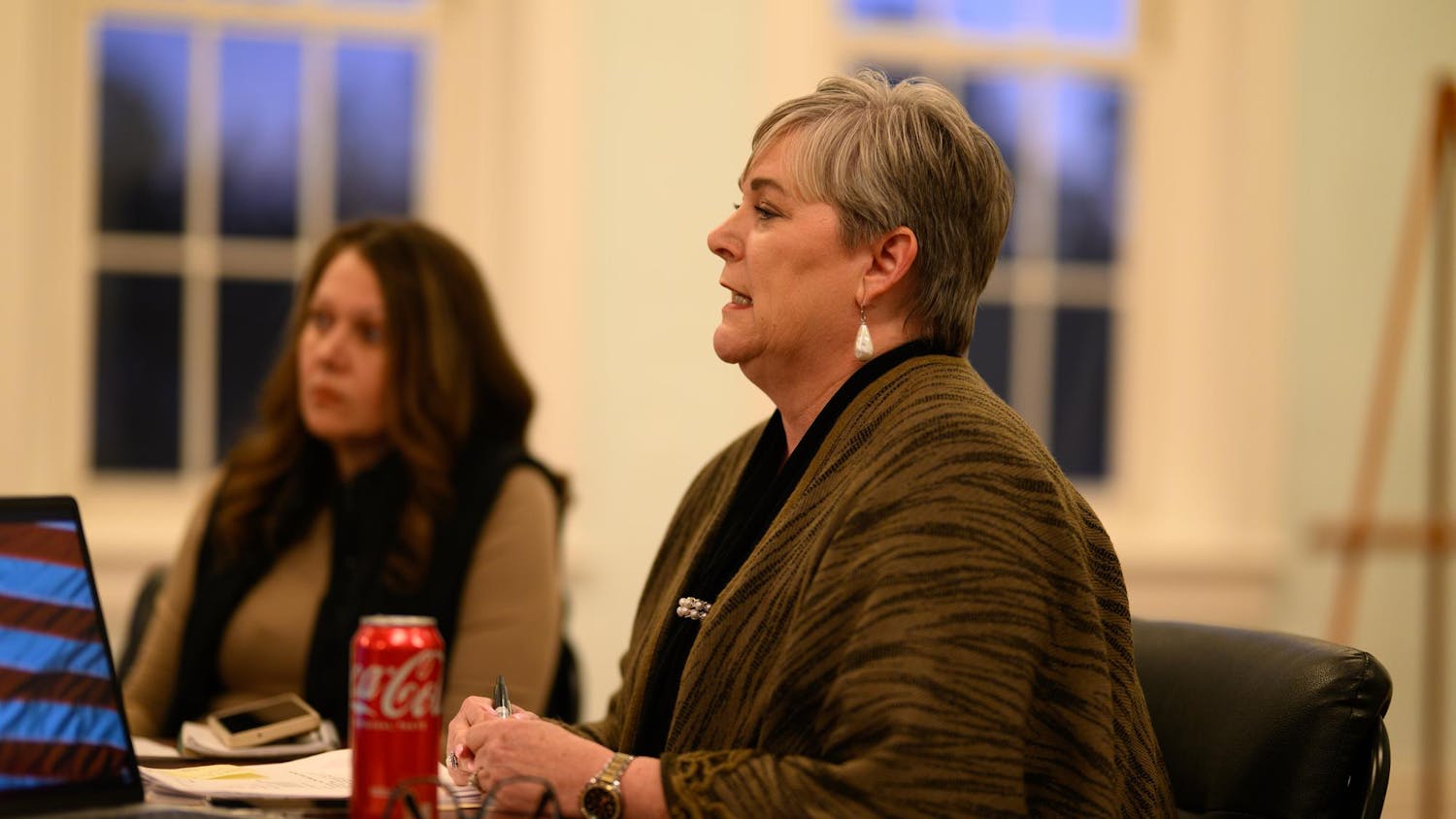On May 18, Palestine observed quiet streets. As business owners shuttered their shops and deserted their markets, citizens across Palestinian cities and villages mobilized in central squares and demonstrated their opposition to the brutal Israeli military occupation.
This general strike depicted a semblance of unity and collectivism among a state of persistent grief and tragedy. Raising their flags with pride and garbed in the traditional kaffiyeh, Palestinians protested against recent atrocities from Israel’s ongoing heavy airstrikes on Gaza and the forced displacement of residents in Sheikh Jarrah. Cities across the globe witnessed similar scenes within the past week. On May 19, hundreds gathered in Gainesville on the corner of University Avenue to express their solidarity with Palestinians.
As they mourn the lives ruthlessly robbed, the Palestinian diaspora and supporters of the Palestinian cause, like us, take to the streets to raise awareness and demand recognition of their decades-long plight.
Reports trace the beginning of this latest crisis to May 7 as several Palestinian Muslims gathered at Al-Aqsa Mosque to celebrate the final days of the holy month of Ramadan. Confronted by the advanced weaponry possessed by Israeli Occupation Forces, like rubber bullets and stun grenades, Palestinians retaliated with stones and bottles. Events have since escalated as the Gaza Strip became the latest target of Israeli airstrikes, murdering more than two hundred innocent Palestinians and reducing buildings to rubble.
Much of this hostility stemmed from the Israeli court ruling in October to forcibly remove 12 Palestinian families from their homes in Sheikh Jarrah. This Jerusalem neighborhood is historically home to Palestinian refugees expelled from other parts of the city in 1948. Despite international pleas to halt their efforts, Israel remains steadfast in its monstrous acts, while the media’s dismissal of these war crimes only aid Israel’s efforts.
Sheikh Jarrah currently resembles a war zone. Israeli Occupation Forces placed aggressive checkpoints across the neighborhood’s entrance, barring the entry of medical and media personnel and denying the movement of Palestinian residents. The coerced evictions in Sheikh Jarrah reflect a settler-colonialist tactic to claim more land in an attempt to destroy and obliterate Palestinians’ means for wealth and survival.
Further, these recent events, including the deliberate attacks on Al-Aqsa Mosque and Gaza Strip, are merely the latest manifestations of the Israeli agenda of apartheid and ethnic cleansing. As Palestinians observe the 73rd anniversary of the Nakba — the Arabic word for “catastrophe” referring to the mass displacement of Palestinians in 1948 — recent ongoing injustices remind Palestinians that the Nakba never really ended. Israel is a state built on colonialism and the systemic erasure of Palestinian people, culture and history. The events in Sheikh Jarrah, Gaza, and Jerusalem are neither “unprecedented” nor moments of “unrest”; rather, they offer a glimpse into the decades of continual Palestinian oppression sustained by Israel.
Israel has managed to extend its occupation into our minds as it actively perpetuates a flawed narrative of the state’s colonialist campaign. Mainstream discourse twists the Israeli apartheid into a “conflict” of religious practices deemed too complex and daunting to speak on. It depicts the situation as one between two comparable powers instead of one between an occupier and an occupied.
Israel’s efforts to terrorize Palestinians — from its heavy airstrikes on Gaza to its raid of Al Aqsa Mosque — persist under weak claims of “self-defense.” Misguided calls for peace and resolution continue to stifle Palestinians’ demands for justice and global accountability of Israel’s war crimes. Further, the condemnation of the settler state’s gruesome acts has become conflated with antisemitism. Many, however, fail to acknowledge that all forms of oppression are inherently interconnected.
To denounce this apartheid regime is to make advancements toward a world that is just for all. As Nelson Mandela once famously quoted: “Our freedom is incomplete without the freedom of the Palestinians.”
Amid the tragedies and horrors in Palestine, several communities witness what some have called “the joy of solidarity.” As they mobilize their efforts, rallying the support of millions, Palestinians and allies exemplify true resilience. Despite Israel’s efforts to fragment and isolate us, Palestinians continue to rise against this oppressive system rooted in an extensive history of ethnic cleansing and colonialism.
We thus urge folks in Gainesville and across the globe to sustain the momentum. Palestinians’ fight for self-determination and decolonization did not begin with Sheikh Jarrah and will not end there. It is a long struggle.
Demonstrate your solidarity and further your activism by joining organizations such as Students for Justice in Palestine, the Gainesville Solidarity Network or Dream Defenders. Demand that Congress ends the U.S.’s funding of the Israeli military by writing a letter to your local congressperson. Infused within every Palestinian is a spark that continuously fuels our drive and ensures that justice is near.
The Students for Justice in Palestine (SJP) at UF aims to promote international law, human rights and justice for all people affected by this conflict.






